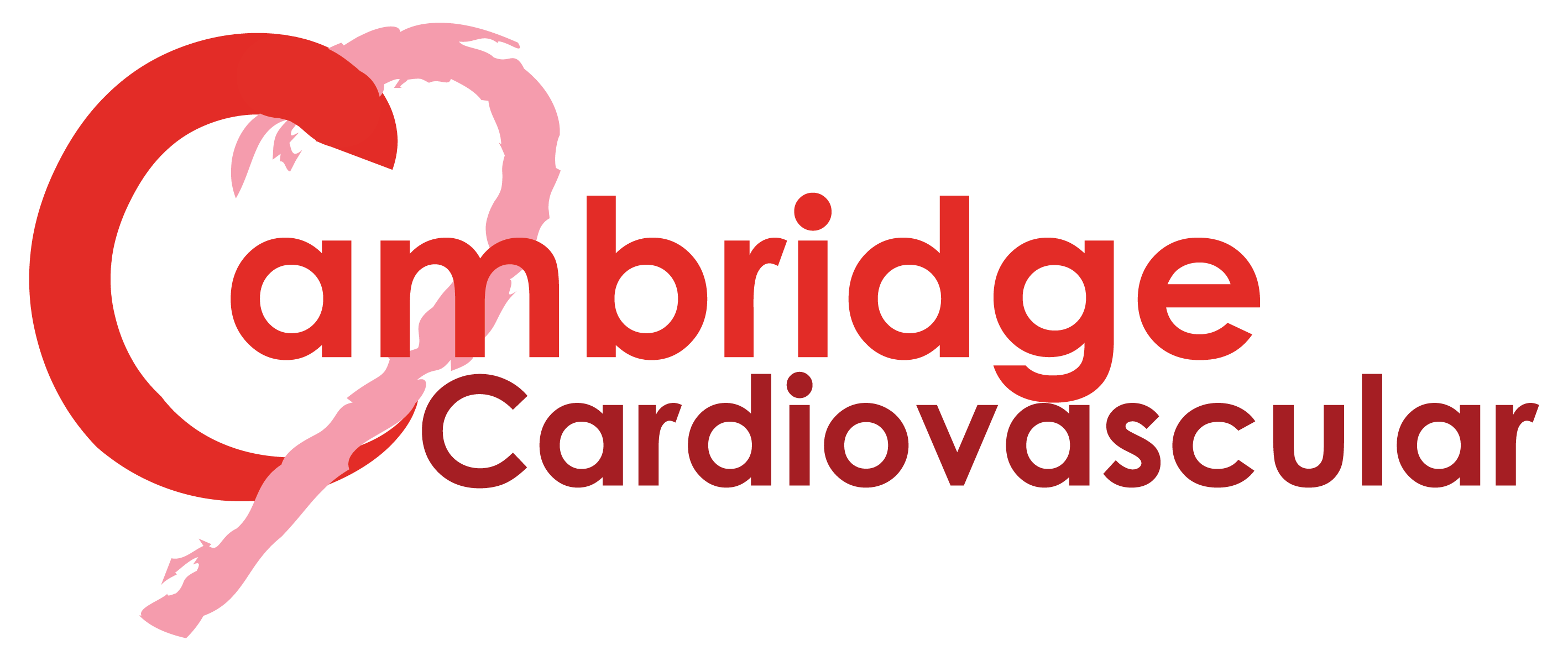
Submitted by Administrator on Thu, 02/08/2018 - 13:30
Platelets activate in response to blood vessel injury to stop bleeding and release countless granules that are essential to the blood clot formation and that speed up tissue repair.
In some clinical events, such as major trauma or leukaemia, platelets must be transfused to the patient. The NHS relies on blood donations from the public to fulfil the need for fresh platelets but demand often outstrips supply. Additionally, donated platelets can activate the patient's immune system to attack these ‘foreign’ platelets, leading to life-threatening bleeding complications.
Dr Cedric Ghevaert, A BHF-funded scientist and consultant haematologist at Addenbrooke’s hospital, has successfully overcome these obstacles by producing immunologically inert, 'universal', platelets using adult human stem cells.
Stem cells have been engineered by Dr Ghevaert's research group to become the platelet-producing parental cells called megakaryocytes. The group uses a technique known as gene editing to remove and manipulate any genes that may provoke the immune system, and have succeeded in designing a megakaryocyte that secretes platelets which can go undetected by the immune system.
Furthermore, the group's platelets are engineered to release Factor VII (FVII), a protein that promotes blood clotting. Currently, it can be produced synthetically (NovoSeven), but the synthetic version needs to be given in high doses to patients, which increases the risk of unwanted blood clot development and subsequent stroke or heart attack. Dr Ghevaert’s engineered megakaryocytes and platelets have addressed this with gene editing. His research group has been able to produce platelets that contain therapeutic levels of specific clotting factors, including FVII, which can be released at the site of injury without the risk of aberrant clotting elsewhere in the body.
Dr Ghevaert has formed a collaboration with Dr Kourosh Saeb-Parsy, a consultant transplant surgeon at Addenbrooke’s hospital, in an effort to prove that the engineered platelets are non-immunogenic in animal models.
In an effort to speed up the production of platelets from magakaryocytes, Dr Ghevaert is collaborating with Prof Ruth Cameron and Prof Serena Best from the Department of Materials Science and Metallurgy to manufacture a collagen ‘sponge’. The porous structure effectively traps the megakaryocytes to a desired site and allows the effective release of the platelets into a collection bag.
The function of platelets as a drug delivery system is also something Dr Ghevaert is currently exploring to help treat damaged heart muscle. His group is engineering megakaryocytes and platelets through gene editing to carry and release specific human growth factors: proteins that would promote the repair of injured heart tissue following a heart attack.
“The idea here is that the platelets provide an energy boost to the cells to promote repair” explains Dr Ghevaert. “A bit like giving builders some strong tea; it will help them work better and faster”.
To test this analogy, Dr Ghevaert collaborates with Dr Thomas Krieg from the Department of Medicine, using a mouse model of heart attack. They are currently delivering these bespoke platelets to see if they will target and help improve the repair of infarcted heart muscle.
The results so far show great promise and Dr Ghevaert believes that these bespoke platelets will be tested in humans soon: “We are currently working on translating gene editing of blood cells at a clinical grade and will make them suitable for human trials in the next 3-4 years”.
It appears that genetically modified platelets may not only be readily available to stop bleeding, they could also mend a broken heart.
Dr Cedric Ghevaert is a Senior Lecturer in Transfusion Medicine at the Department of Haematology. He received pump-priming funding from the BHF Cambridge Centre for Cardiovascular Research Excellence in 2014, and has since received external funding to continue these studies.




